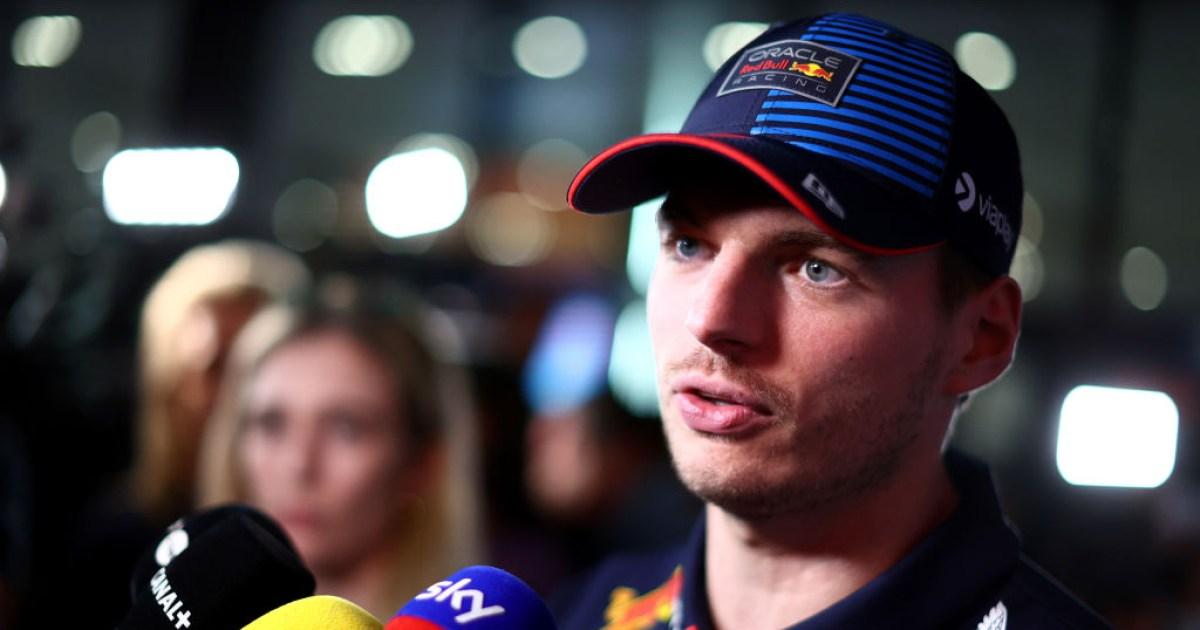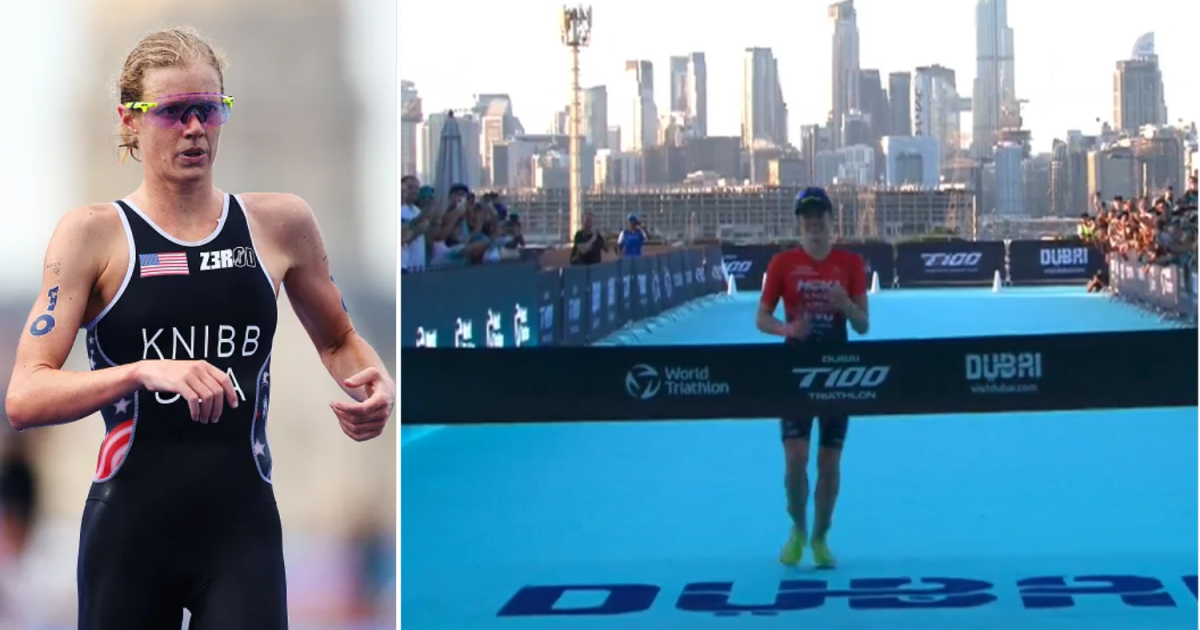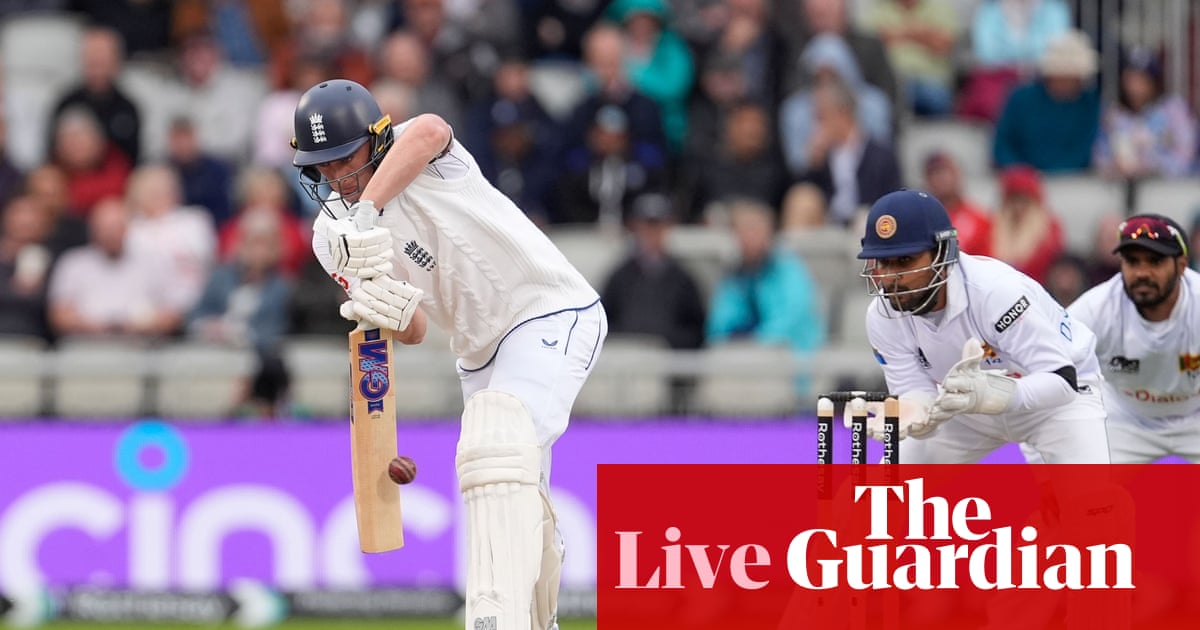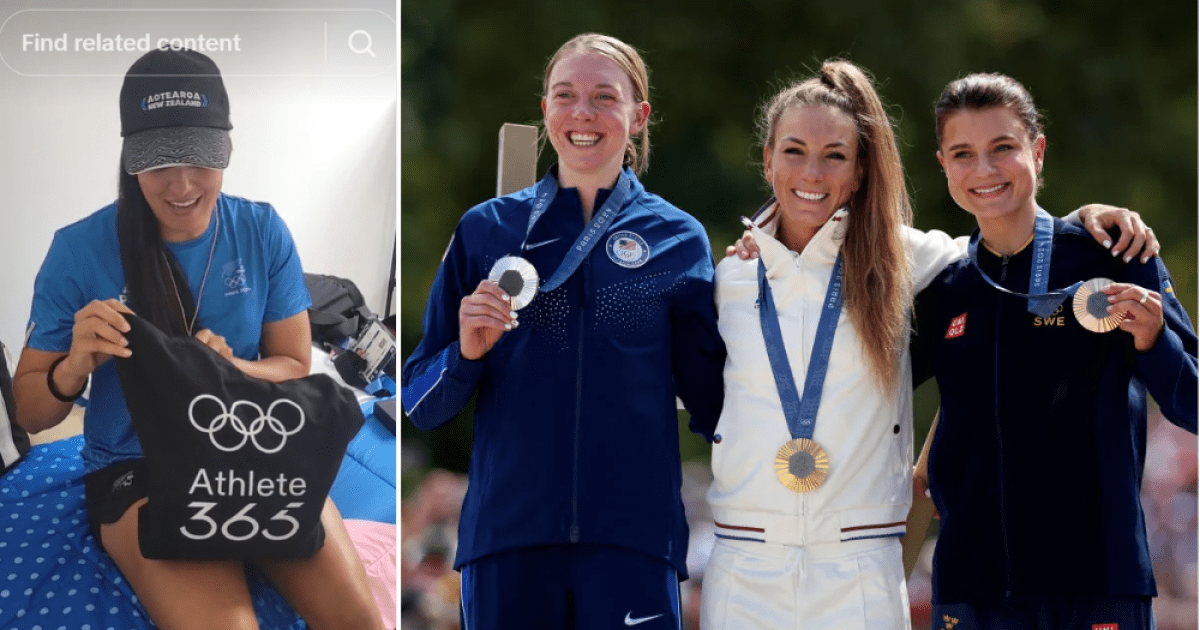Steve Clarke has said Scotland’s qualifying draw “gives me an opportunity” to end the team’s long wait for a World Cup finals appearance. Scotland reached Euro 2020 and Euro 2024 but have not qualified for the men’s World Cup since France ‘98.
Friday’s draw in Zurich pitted Scotland – who were in pot three – against Greece, the beaten team in the Portugal v Denmark Nations League quarter-final and Belarus. It means Clarke’s side will face Greece four times in a year, with the teams also facing off in the Nations League promotion playoffs.
“When I spoke after the tournament in the summer, I said that one of my main remaining ambitions is to go to a World Cup with my country,” the Scotland head coach said. “These qualifying games give me an opportunity to do that, I’m going to give it everything I’ve got and I’m sure my players will do the same.
Asked about the prospect of playing Greece across two competitions, Clarke told BBC Radio 5 Live: “We’ll get to know each other very well I think, so you might find that [by the time of] the World Cup qualifiers, we know each other a little bit better and maybe [they will be] cagey games. But you never know in football.”
One unknown for Scotland will be the venue for the “away” match against Belarus. They have been barred from playing at home since Russia’s invasion of Ukraine in 2022, which they supported. Northern Ireland played them in Hungary in October. Clarke wants to go “all guns blazing” into the qualifiers, with all six matches in their four-team group crammed into the September, October and November windows.
Quick Guide
World Cup 2026: Uefa qualifying draw
Show

Group A: Germany v Italy winner, Slovakia, N. Ireland, Luxembourg.
Group B: Switzerland, Sweden, Slovenia, Kosovo.
Group C: Portugal v Denmark loser, Greece, Scotland, Belarus.
Group D: France v Croatia winner, Ukraine, Iceland, Azerbaijan.
Group E: Spain v Netherlands winner, Turkey, Georgia, Bulgaria.
Group F: Portugal v Denmark winner, Hungary, Rep of Ire, Armenia.
Group G: Spain v Netherlands loser, Poland, Finland, Lithuania, Malta.
Group H: Austria, Romania, Bosnia-Herzegovina, Cyprus, San Marino.
Group I: Germany v Italy loser, Norway, Israel, Estonia, Moldova.
Group J: Belgium, Wales, North Macedonia, Kazakhstan, Liechtenstein.
Group K: England, Serbia, Albania, Latvia, Andorra.
Group L: France v Croatia loser, Czechia, Montenegro, Faroe Is, Gibraltar.
Games to be played 21-25 March, 6-10 June, 4-9 September,
9-14 October and 13-18 November 2025.
Nations League quarter-finals: Spain v Netherlands,
France v Croatia, Portugal v Denmark, Germany v Italy.
His Northern Ireland counterpart, Michael O’Neill, welcomed the fact his side’s campaign would not begin until the autumn, when they take on either Germany or Italy, plus Slovakia and Luxembourg. “The four-team groups suit us as a smaller nation and it gives us a lot of time to prepare,” he told the BBC.
“The June fixtures are difficult for us, because we have so many players who play in the EFL and their season finishes so early, like 5 or 6 May, and you’re asking lots [of players] to play in internationals sometimes on 10 or 11 June . So not having that challenge is a good thing for us. We always tend to play our best football in [autumn], as the Nations League has shown, so we’ll be ready for when the games come around in September.”
The Wales head coach, Craig Bellamy, was happy to have been placed in a group of five alongside regular recent foes Belgium, plus North Macedonia, Kazakhstan and Liechtenstein. “It gets the competition going really quick, so that’s a real positive,” he said. “It’s a good group, but we’re going to have to do our homework really well and hopefully try and attack it and finish top of the group.”
The Republic of Ireland have been drawn in Group F against the winner of the Portugal v Denmark Nations League tie, along with Hungary and Armenia in what looks a tough four-team group for Heimir Hallgrímsson’s team.
after newsletter promotion
The Euro 2024 winners, Spain, will face Turkey, Georgia and Bulgaria in Group E if they beat the Netherlands in their Nations League clash. If they go out, Spain will instead face Poland, Finland, Lithuania and Malta in Group G.
While the winner of Germany v Italy will be in Group A, the loser will face Norway, Israel, Estonia and Moldova in Group I. France will face Ukraine, Iceland and Azerbaijan in Group D if they get past Croatia in the Nations League; otherwise, they will play Czechia, Montenegro, Faroe Islands and Gibraltar in Group L.
Aside from Wales and England’s groups, just two others are complete at this stage without Nations League permutations. In Group B, Switzerland face Sweden, Slovenia and Kosovo in what looks a tough group to call. Finally in Group H, Ralf Rangnick’s Austria face Romania, Bosnia and Herzegovina, Cyprus and San Marino.
Sixteen European nations will qualify for the finals, which will feature 48 teams for the first time. Qualifying will begin in March for the five-team groups, with four-team groups getting under way in September after the Nations League campaign is completed and all teams are allocated.
The winners of each group qualify automatically, with the runners-up then going into playoffs in March 2026, alongside the four best-ranked Nations League group winners who did not finish in the top two of their qualifying group.







